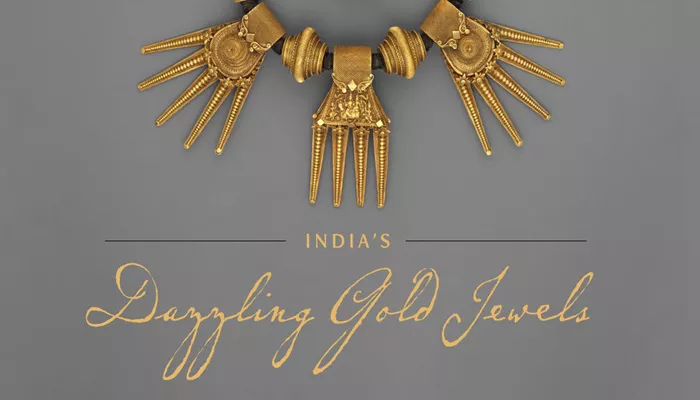As National Startup Day 2025 approaches, it’s a great time to reflect on the dynamic changes within India’s startup ecosystem. In the past year, notable shifts have occurred, driven by changes in consumer behavior, technological advancements, and a strong push towards sustainability.
A Year of Resilience and Progress
Growth of Online and Omnichannel Platforms: Businesses that primarily operate online or offer a mix of online and offline experiences have become increasingly popular. Consumers today prioritize convenience, and digital platforms offer just that.
Emerging Startups in Tier II and III Cities: A growing trend sees startups flourishing in smaller cities, addressing regional needs with tailored solutions. This shift is broadening the scope of innovation beyond major metropolitan areas.
Focus on Profitability Over Growth: Startups are increasingly moving away from the “grow-at-all-costs” model. Instead, the focus is on sustainable business practices, with startups emphasizing profitability, customer retention, and operational efficiency.
Key Trends Driving Growth in the D2C and Jewellery Sectors
The Direct-to-Consumer (D2C) jewellery sector is expanding rapidly, powered by several key trends:
Enhancing Customer Experience with Technology: The integration of AI, AR/VR, and blockchain technology is reshaping the jewellery sector. Virtual try-ons, transparent supply chains, and immersive online platforms are enhancing the shopping experience, bringing the physical and digital worlds closer together.
Demand for High-Quality Everyday Jewellery: Consumers are increasingly investing in high-quality, versatile jewellery that matches their everyday needs. This trend is driving growth in the accessible luxury segment, where jewellery is no longer seen as an occasional indulgence but a daily expression of style.
The Importance of Omnichannel Strategies: Combining online and offline shopping experiences has become vital for businesses. Physical stores help build brand trust and customer loyalty, while e-commerce offers the convenience of broader reach. Brands like Jewelbox are demonstrating the effectiveness of this dual approach with their expanding retail presence.
Sustainability is Key: Consumers are becoming more aware of environmental impacts, which has led to a rise in demand for sustainable jewellery practices. Companies like Jewelbox, which use lab-grown diamonds and focus on reducing packaging waste, are gaining attention. Brands prioritizing sustainability are setting themselves apart as industry leaders.
Shifting Investment Trends in the D2C Jewellery Sector
The investment landscape for D2C businesses has evolved. In the jewellery segment, there is a noticeable move towards organized businesses, which is attracting more investor interest.
Investors are increasingly focusing on startups that have a strong product-market fit and competitive advantages, such as unique branding or exclusive product offerings. They are also showing support for businesses that plan to expand their physical retail operations alongside their online presence. Jewelbox’s recent expansion across multiple cities serves as an example of how a strong omnichannel strategy can drive growth and attract capital.
Startups with scalable operations and proven customer loyalty are being valued higher, underscoring the importance of operational efficiency in securing long-term success.
Addressing Challenges and Building for the Future
Despite significant progress, the jewellery sector faces some ongoing challenges:
The Need for Clear Standards and Labeling: The lab-grown diamond (LGD) market requires more consistent and transparent policies. Standardized labeling can help build trust with both consumers and investors.
Strengthening Digital Infrastructure: Access to reliable digital infrastructure in smaller cities is critical for e-commerce growth. Improving payment systems, logistics networks, and data security measures will strengthen the sector.
Looking Ahead: Navigating Challenges and Seizing Opportunities
The future is both challenging and exciting for India’s startups.
To succeed, businesses can adopt several key strategies:
Embrace Technology: Leveraging technologies such as AI, data analytics, and automation will enhance customer experiences and improve operational efficiency. Tools like predictive analytics and blockchain offer valuable insights and can increase transparency.
Focus on Building Brand Trust: In today’s competitive market, authenticity and trust are essential for customer loyalty. By aligning with consumer values and consistently delivering quality, brands can establish long-term connections with their audience.
Investing in Talent: Empowering teams with the right skills and creating inclusive, supportive workplace cultures will help ensure sustained growth.
India’s startup scene is on the brink of transformative growth, driven by innovation and a commitment to long-term value. By focusing on sustainability, leveraging emerging technologies, and navigating the regulatory environment, businesses can help shape a brighter future for all. On National Startup Day, let’s celebrate the entrepreneurial spirit that continues to inspire change on a global scale.
Related topic:
- Chanel Revives Feather Motif in Plume de Chanel Jewellery
- Chanel’s Coco Crush Shines with Rubies & Bold Designs
- Bold Ballet-Core Jewelry: Sierra Rena x En Route Collab


